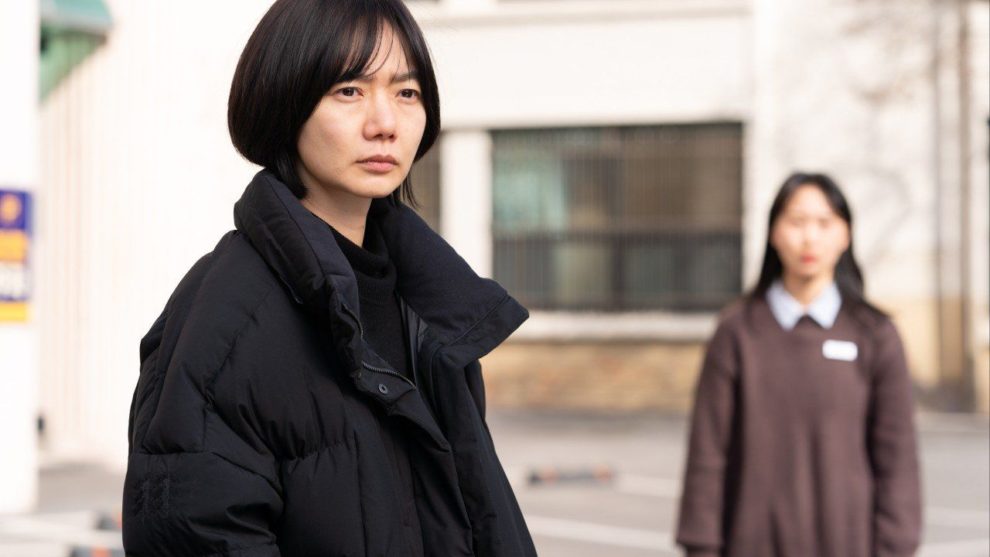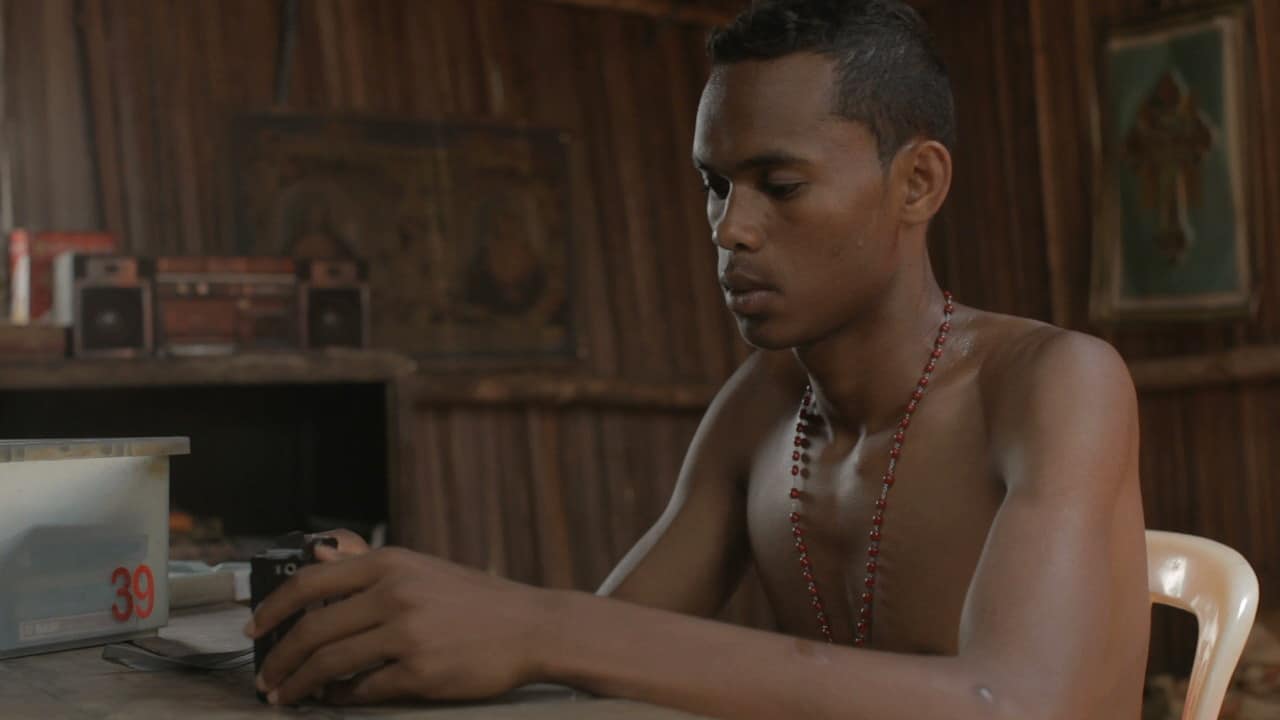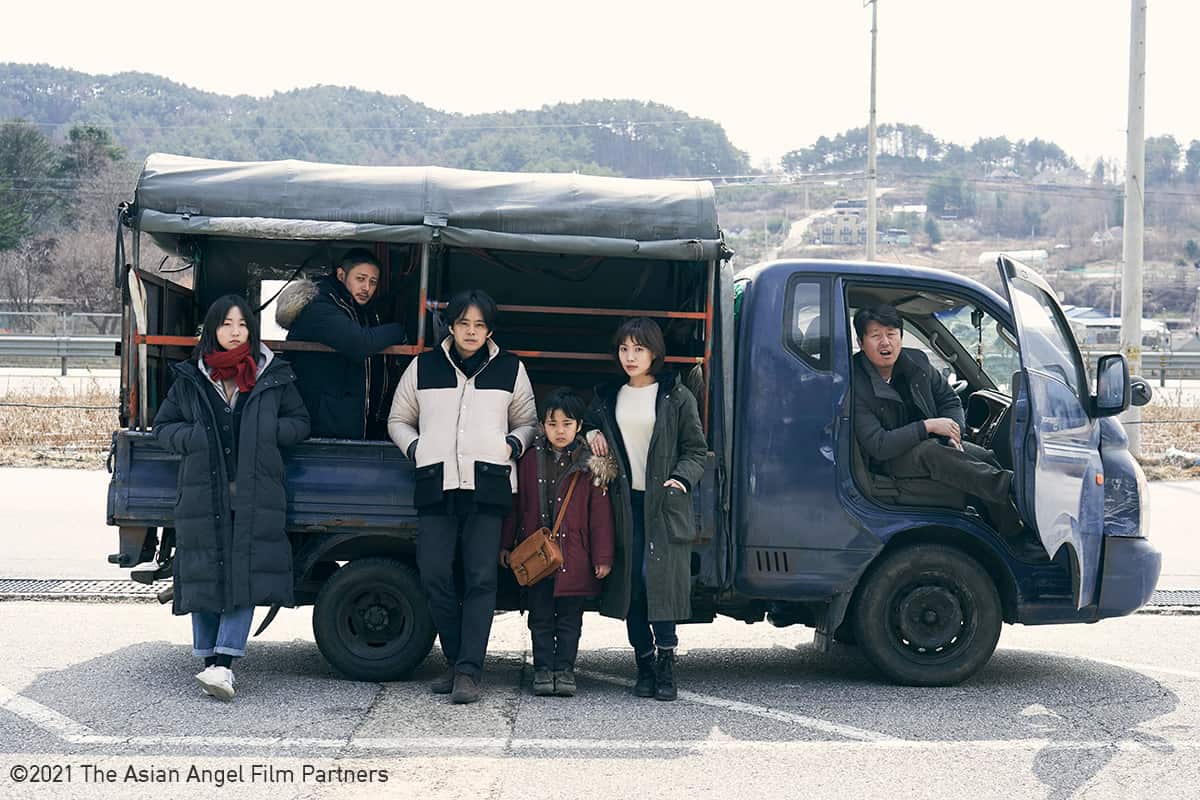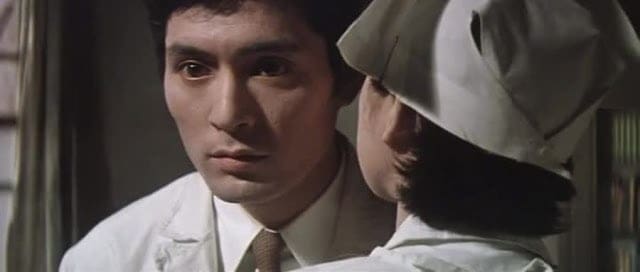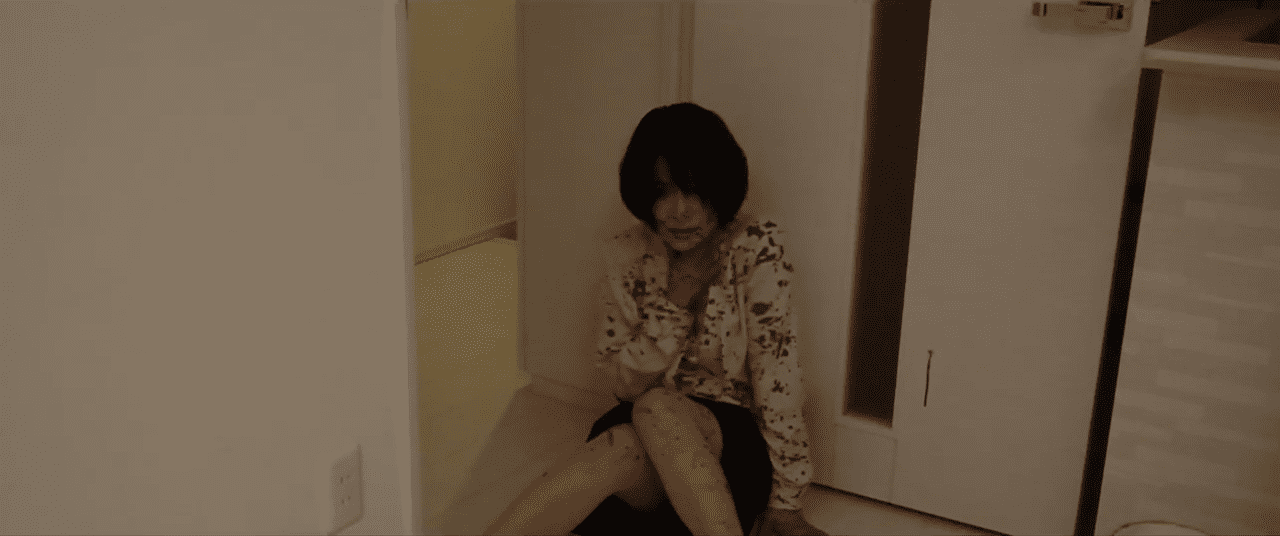July Jung made one of the best recent debuts of recent times in Korean cinema back in 2014 with her “A Girl at My Door”, a gritty and superbly acted social drama which screened in the Un Certain Regard category at Cannes Film Festival. It went on to receive much critical acclaim and multiple awards at film festivals, with both the director and lead actress Bae Doona receiving praise and accolades for their work. Jung instantly became a director to watch out for but little did we know that it would take eight years before she would step behind the camera again for “Next Sohee”, which closed the International Critics' Week at Cannes this year.
“Next Sohee” is screening on Fantasia International Film Festival

Bright, cheerful and feisty Sohee is like any other high schooler who wants to be a dancer, loves hanging out with her friends and boyfriend and would readily fight with people much older than herself for them. As part of her school's employment program, she gets a job at as a telemarketer at a call center for an internet service provider. Happy and eager at first, the realities of the job and the pressures that come it soon wear her down, ultimately leading to her demise. The case comes to detective Oh Yoo-jin, who has a brief connection to Sohee, and she decides to get to the bottom of the cause and events leading up to Sohee's death.
July Jung takes inspiration from the real-life death of an extern at a similar job to write and direct a feature that is quite literally a film of two different halves. In the first half, she tells a very personal story of Sohee, the boisterous girl who looks at this new job as a way to graduate with top grades, but the harsh realities of her work soon start to take their toll. Through this segment, the narrative takes a sharp, hyper-realistic look at the pressures of a goal-driven workplace, particularly on those for whom this is the first experience at a life after school. She lays bare the well-thought out, almost criminal steps in which such companies employ such externs only so they can exploit them and get away with it, running a practice where it is impossible for an extern to quit without losing out on money that was rightfully theirs. The fact that it can affect not just the fresh externs but also seasoned employees is portrayed at a key juncture in the narrative.
Kim Si-eun, who has some experience working in tv dramas and lesser still in films, is tasked with bringing Sohee to life and she does it in fantastic heart-wrenching fashion. The decline of the happy, eager Sohee, as her very existence is reduced to performance charts and percentages is fascinating to watch. A couple of scenes of outbursts are fantastic, particularly the one against her second manager, but it is the quieter moments, where she slowly contemplates giving up and then acceptance of her plight, all the way up to her demise, are some of the best scenes of the feature.
Post her death, the feature shifts focus onto detective Yoo-jin, who, despite her own judgement and her superior's orders decides to go to the bottom of the death of this high-school girl, someone who should have been protected not just by her employees but her school too, who instead pushed her into this job and created an environment that made it impossible for such suffering students to quit their jobs. This part of the narrative works almost like an investigative journalism piece in the guise of a police procedural, as a resolute Yoo-jin knocks on doors she otherwise shouldn't, questioning everyone from Sohee's manager, her family and boyfriend and her teacher. If the villains in “A Girl at My Door” were the people that stood mute in the village while the actions unfolded, here it is the institutions, the companies and the schools that send students out to any company without due diligence just to bring their employment ratios up, and a legal system, specifically the police, that let such practices thrive.
This half belongs to Bae Doona, who returns to work with Jung in her second feature as well, with her icy-faced Yoo-jin being just as magnetic to watch as Kim Si-eun and Sohee. Starting off as a poker faced detective that doesn't let much faze her, her demeanor changes as she finds out the horrific reality of Sohee's situation before her death. There is a lot of anger in July Jung over this issue which is also reflected in her script and it is up to Yoo-jin and thus Bae Doona to personify this anger and portray it adequately. The actress's project choices since “A Girl at My Door” have been rather mediocre, with both “The Tunnel” and “The Drug King” not utilising her talents adequately, but “Next Sohee” not only makes full use of her abilities but also ends up being among her better works.
Just like her debut, the director doesn't try anything showy here either and the feature is better for it as she lets her story and actors take center stage, but she could have done with a tighter edit this time, as the two hours and fifteen minutes runtime does test patience. Despite that, “Next Sohee” is a very accomplished, visceral sophomore feature and a worthy follow-up to “A Girl at My Door” from July Jung who, just like Yoo-jin, brings to light very serious issues to hopefully stop the next Sohee happening.


